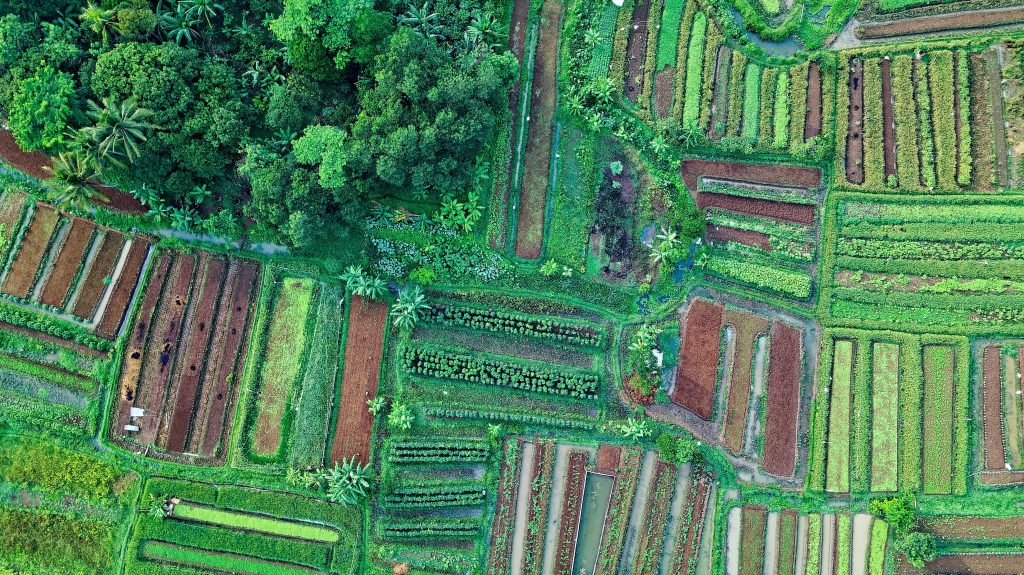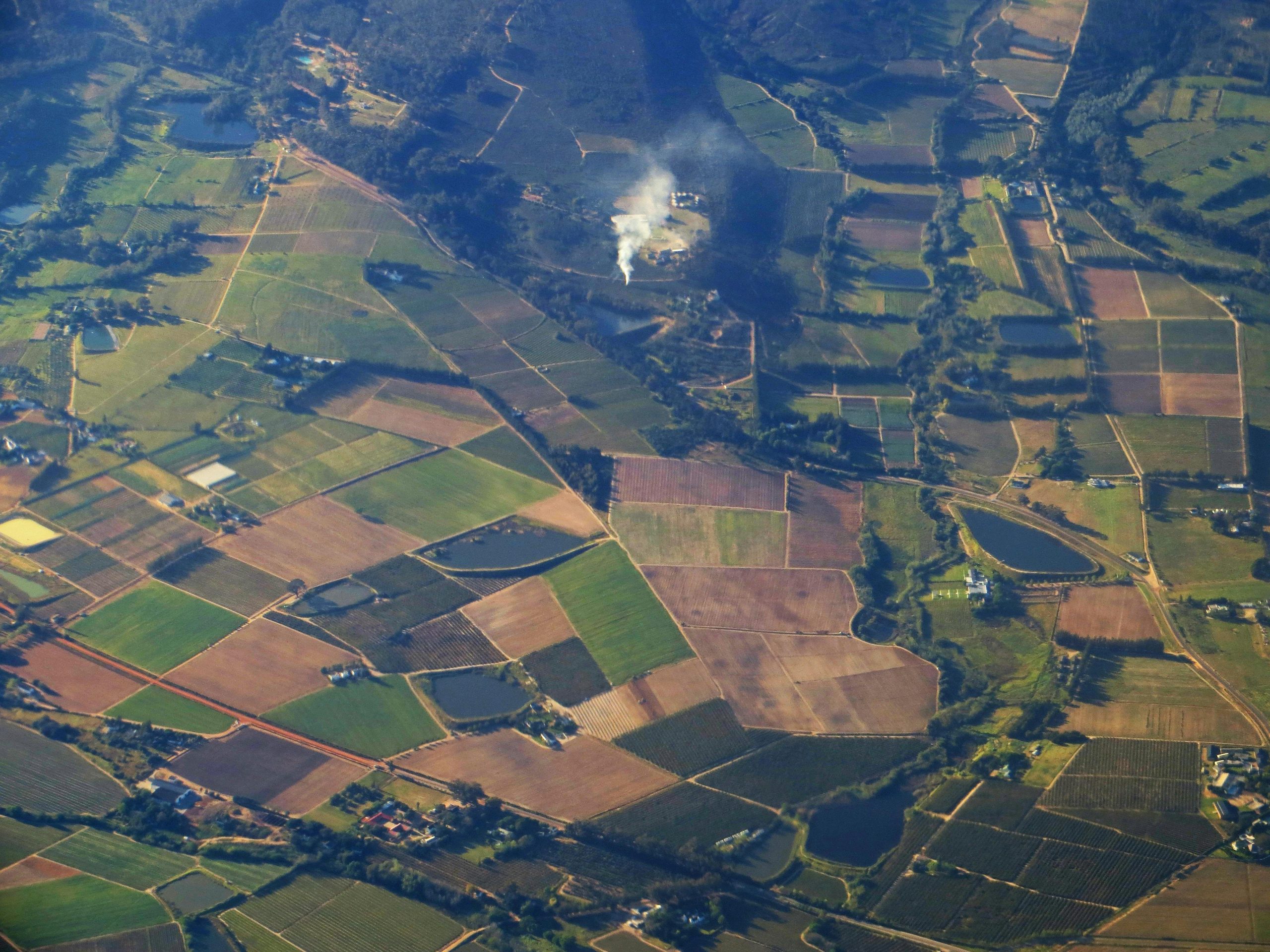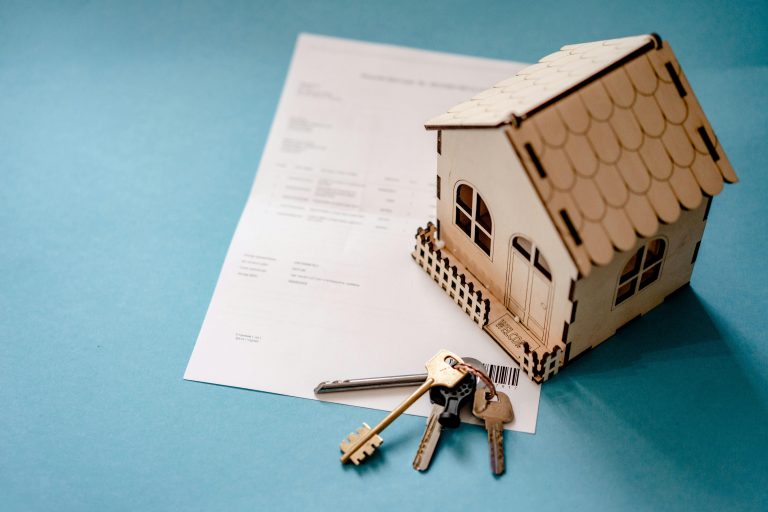
If you’re a landowner, buyer, or investor in Kenya, understanding how land valuation is conducted is essential. Land valuation determines the monetary worth of a parcel of land based on its unique characteristics, location, and market trends. Here’s a complete guide to how land valuation is done in Kenya and why it matters.
What is Land Valuation?
Land valuation is the process of assessing the current market value of land. It helps buyers, sellers, and investors make informed decisions, ensuring the price reflects the property’s worth.
Key Factors Considered in Land Valuation
Valuers in Kenya examine several aspects when determining the value of land:
- Location:
- Proximity to amenities like schools, hospitals, and roads.
- Accessibility to water, electricity, and public transport.
- Urban and peri-urban areas often command higher prices.
- Land Use and Zoning:
- Whether the land is designated for residential, commercial, agricultural, or industrial use.
- Commercial and industrial plots often have a higher valuation.
- Size and Shape:
- Larger, well-shaped parcels tend to have a higher value.
- Irregularly shaped plots may reduce usability and lower their valuation.
- Market Trends:
- Current demand and supply for land in the area.
- Recent sales of similar plots provide valuable benchmarks.
- Improvements on the Land:
- Existing infrastructure like roads, drainage, or fencing adds to the land’s value.
- Developed land with buildings or utilities (e.g., water, electricity) is worth more.
- Topography and Soil Quality:
- Flat, well-drained land is preferred for construction.
- Fertile soil adds value for agricultural purposes.
Methods of Land Valuation in Kenya
Land valuers use different methods depending on the type and purpose of the property:
- Market Comparison Approach:
- Compares the property to similar recently sold plots in the area.
- Best suited for residential and commercial land.
- Income Approach:
- Evaluates the potential income the land can generate, such as rental income or farming yields.
- Common for agricultural and commercial investments.
- Cost Approach:
- Considers the cost of developing or improving the land from its current state.
- Often used for properties with buildings or other infrastructure.
Steps in the Land Valuation Process
- Initial Inspection:
- A professional valuer visits the site to assess its physical state, boundaries, and available infrastructure.
- Market Research:
- The valuer collects data on recent land sales in the area and analyzes market trends.
- Data Analysis:
- All relevant factors, including location, size, zoning, and improvements, are evaluated to determine value.
- Valuation Report:
- The valuer provides a detailed report outlining the property’s market value, supporting data, and recommendations.
Read on how to check if the land has a valid title deed here.
Fincare Investments simplifies land valuation by connecting clients with certified valuers, conducting market research, offering advisory services, and providing clear valuation reports for informed decision-making.
For expert assistance with land valuation and related services, contact Fincare Investments today.






